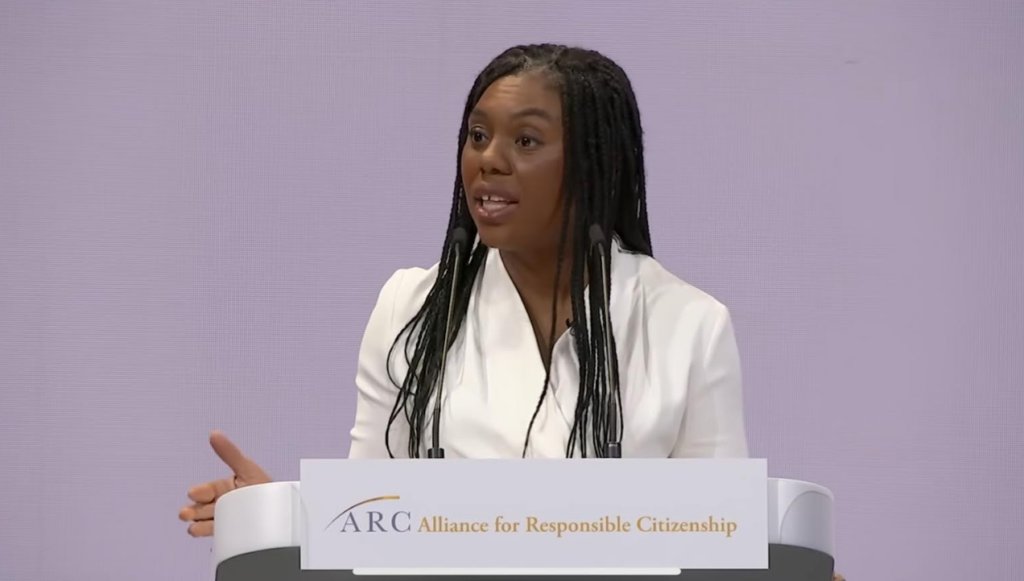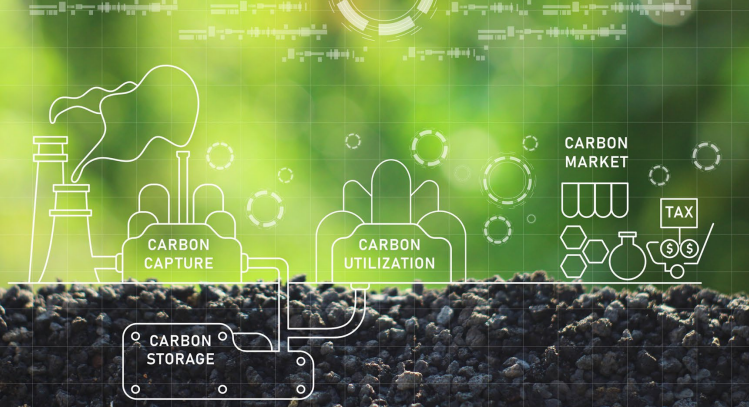Shell has finally admitted climate change could dramatically impact the company’s bottom line — and soon.
The company’s annual report 2018 acknowledges the impact of divestment campaign for the first time and should be seen as a clear warning to investors that the age of fossil fuels is coming to an end, according to campaigners with 350.org.
The report – just out – identifies divestment and climate litigation as material risks to the company’s profits. It says:
“Rising climate change concerns have led and could lead to additional legal and/or regulatory measures which could result in project delays or cancellations, a decrease in demand for fossil fuels, potential litigation and additional compliance obligations.”
The report specifically identifies fossil fuel divestment campaign as a material risk. “Additionally, some groups are pressuring certain investors to divest their investments in fossil fuel companies. If this were to continue, it could have a material adverse effect on the price of our securities and our ability to access equity capital markets.”
It also highlights the risk of climate litigation efforts. “Further, in some countries, governments and regulators have filed lawsuits seeking to hold fossil fuel companies liable for costs associated with climate change. While we believe these lawsuits to be without merit, losing any of these lawsuits could have a material adverse effect on our earnings, cash flows and financial condition.”
As we reported last week, Shell are facing a credibility crisis and resorting to more and more far-fetched attempts to maintain a public increasingly aware of the disastrous climate consequences of their business model. They now face corruption charges in Italy, as well as confronting the emerging revelations that they knew about the impact of its products forty years ago.
Now divestment is emerging as perhaps the key tool in the campaigners toolbox to affect change.
May Boeve, Executive Director of 350.org issued the following statement:
“This is a clear sign the fossil fuel divestment movement is winning and the age of fossil fuels is coming to an end. Take it straight from Shell: the time to get out of fossil fuels is now.”
“Protests, divestment, litigation, and regulatory efforts will only increase over the coming years, putting Shell and fossil fuel companies on ever more precarious footing. Just this month the American Medical Association divested from fossil fuels and the Pope said we must keep coal, oil and gas in the ground — this movement isn’t going away.”
She continued: “Shell should be particularly worried about climate litigation since investigations show that Shell, like Exxon, knew about the risks of climate change years ago and lied to the public about it. Just like Big Tobacco, Big Oil perpetrated a cover up of epic proportions and must be held accountable.”
“We’ve long said that the fossil fuel industry’s business plan is incompatible with a safe climate. That logic finally seems to be sinking in. It’s time to phase out the fossil fuel industry and build a new, just and equitable, 100% renewable energy world for all.”
While there are multiple legal and cultural pressures on Shell, it looks like economic forces may ultimately force Big Oil to change its ways.
Image credit: via Wikimedia Commons CC 2.0
Subscribe to our newsletter
Stay up to date with DeSmog news and alerts







